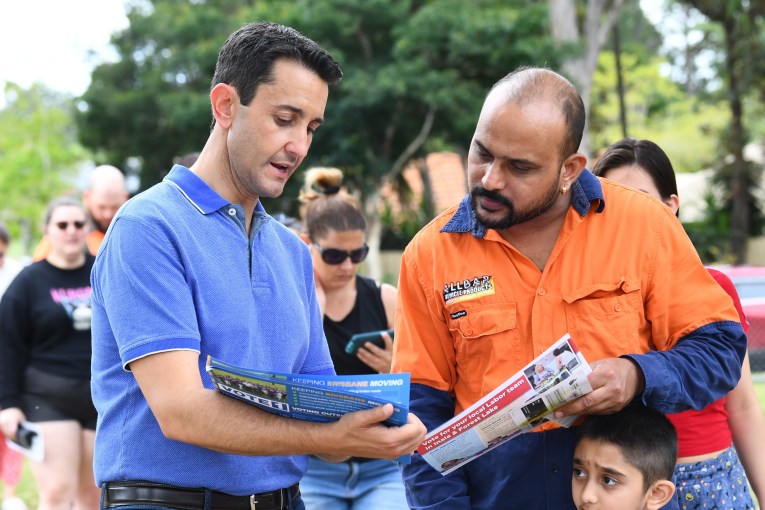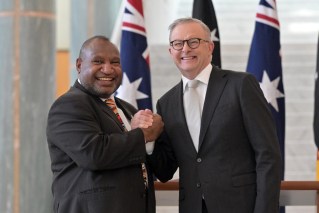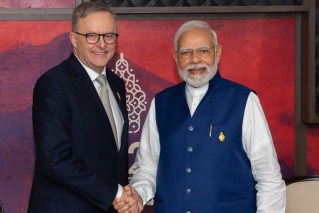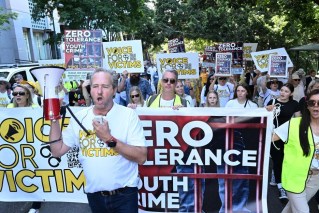COP this: Pledge to save forests, cut methane but Boris warns job not done yet
Leaders at the COP26 global climate conference in Glasgow have pledged to stop deforestation by the end of the decade and cut emissions of the potent greenhouse gas methane to help slow climate change.
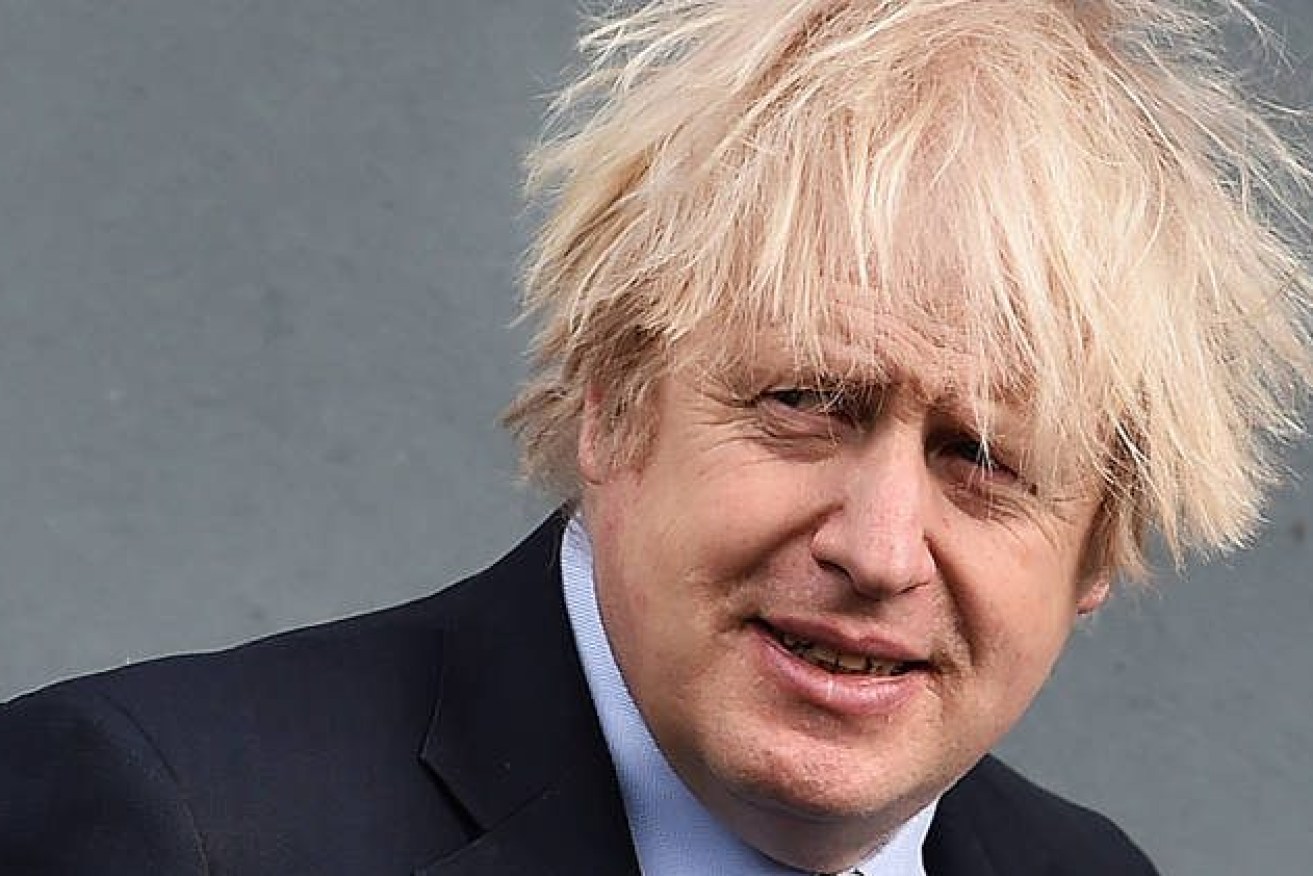
Boris Johnson has pulled out of the race to become next UK PM. (AP image).
The second day of the two-week summit in Glasgow, Scotland also featured some overdue moves by wealthy countries to provide long-promised financial help for the developing countries worst hit by global warming.
The United Nations conference aims to keep alive a receding target of capping temperatures at 1.5C above pre-industrial levels to avert still greater damage than has already been caused by greenhouse gases.
UK Prime Minister Boris Johnson, host of the event attended by almost 200 countries, said he welcomed the latest steps but urged caution.
“We must take care to guard against false hope and not to think in any way that the job is done, because it is not. There is still a very long way to go,” he told a news conference.
More than 100 countries joined a US- and EU-led effort to cut emissions of methane 30 per cent by 2030 from 2020 levels, potentially a step in stemming the overheating of the planet.
Leaders of developing countries most at risk from the effects of climate change, such as heatwaves, droughts, storms and flooding, told delegates the stakes could not be higher.
“Let’s work for the survival of ours and all species. Let’s not choose extinction,” said Trinidad and Tobago’s Prime Minister Keith Rowley.
The Global Methane Pledge, launched on Tuesday after being announced in September with just a few signatories, now covers countries representing nearly half of global methane emissions and 70 per cent of global GDP, US President Joe Biden said.
Methane is more short-lived in the atmosphere than carbon dioxide but 80 times more potent in warming the planet.
Cutting emissions of the gas, estimated to have accounted for 30 per cent of global warming since pre-industrial times, is one of the most effective ways of slowing climate change.
Among the signatories is Brazil – one of the five biggest emitters of methane, generated in cows’ digestive systems, in landfill waste and in oil and gas production.
Three others – China, Russia and India – have not signed up while Australia has said it will not back the pledge.
The United States also unveiled its own domestic proposal to crack down with a focus on the oil and gas sector, where leaky infrastructure allows methane to escape into the atmosphere.
Leaders of more than 100 countries also signed a promise to halt the destruction of the world’s forests which absorb roughly 30 per cent of carbon dioxide emissions, according to the non-profit World Resources Institute.
In 2020, the world lost 258,000 sq km of forest – an area larger than the UK, according to WRI’s Global Forest Watch.
The conservation charity WWF estimates that 27 football fields of forest are lost every minute.
The pledge to halt and reverse deforestation and land degradation by the end of the decade is underpinned by $US19 billion ($A26 billion) in public and private funds to be invested in protecting and restoring forests.
The signatories again include Brazil, Indonesia and the Democratic Republic of Congo – three countries that together account for 85 per cent of the world’s forests.
Under the agreement, 12 countries pledged to provide $US12 billion of public funding between 2021 and 2025 for developing countries to restore degraded land and tackle wildfires.
At least $US7.2 billion will come from private sector investors representing $US8.7 trillion in assets under management, who also pledged to stop investing in activities linked to deforestation such as cattle, palm oil and soybean farming and pulp production.
The funding may help reduce mistrust among developing countries caused by the failure of wealthy countries to deliver on a 2009 promise to stump up $US100 billion per year by 2020 to help them tackle climate change.
This mistrust is one of the main obstacles to climate progress, making some developing countries reluctant to embrace steep emission cuts.
“We see double standards creeping into our thinking, whereby those who have already benefitted from carbon-driven economies would like to prevent emerging economies laying similar foundations for their political stability, social development and economic prosperity,” Suriname President Chan Santokhi said.
On Tuesday, Japan said it would offer up to $US10 billion over five years in additional assistance to support decarbonisation in Asia.
US climate envoy John Kerry said this could leverage another $US8 billion from the World Bank and other sources, probably allowing the $US100 billion threshold of climate financing to be reached by 2022, rather than 2023 as previously expected.
In another deal signed on Tuesday, the UK and India launched a plan to improve connections between the world’s electricity power grids to help accelerate the transition to greener energy.
But there was scant sign so far of shared resolve by the world’s two biggest emitters, China and the United States, which together account for more than 40 per cent of global emissions but are at odds on numerous issues.
